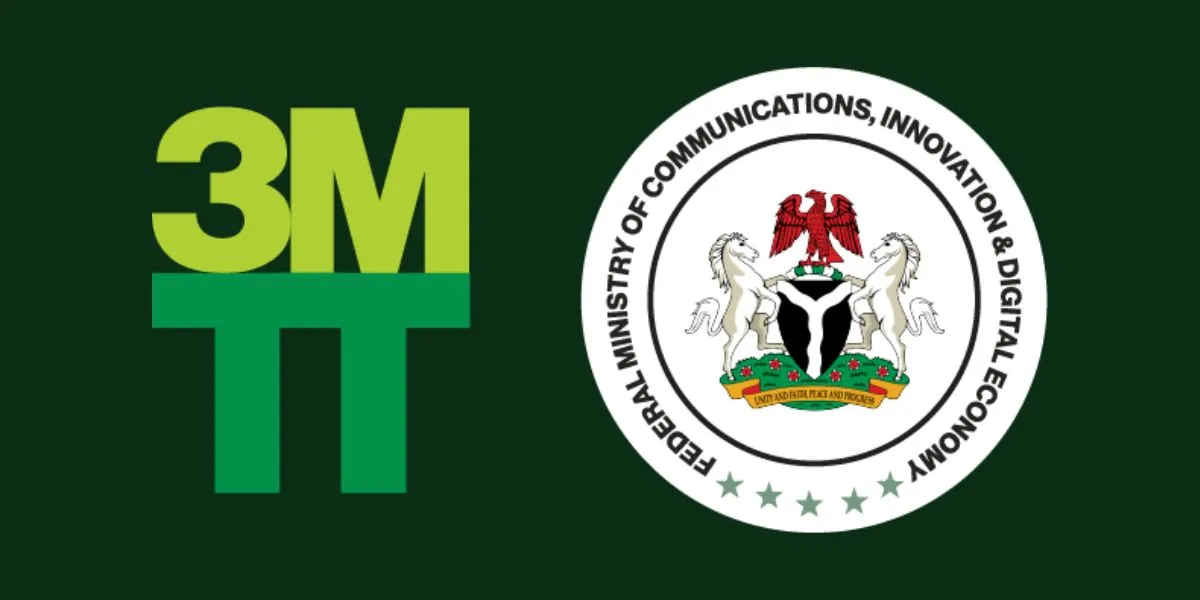The Federal Ministry of Communications, Innovation & Digital Economy in Nigeria is pleased to announce the 3MTT Community Managers for each of Nigeria’s 36 states and the Federal Capital Territory (FCT).
This announcement follows the announcement of the N1 billion partnership with IHS Nigeria to support the 3MTT Learning Community.
Our efforts to empower Nigeria’s tech talents have reached a significant milestone with the selection of Learning Community Managers. These people will be vital in guiding and supporting 3MTT programme participants as they use the IHS Nigeria Learning Platform.
Read also: Nigeria secures $500m for digital economy
Their assistance will be invaluable to 3MTT students as they learn to use the platform to its full potential.
Dr Bosun Tijani, the Honourable Minister of Communications, Innovations & Digital Economy, was enthusiastic about the partnership and said that the country’s digital transformation journey would not be possible without substantial public-private cooperation. Our objective, as stated in the Strategic Blueprint, is to transform Nigeria into a net exporter of technological talent, and this collaboration with IHS Nigeria is the initial step towards that end.
There are 37 committed learning community managers across Nigeria, and IHS Nigeria has offered to pay their salaries as part of their support. Also, 3MTT’s talent development initiatives will be greatly aided by having access to the IHS Learning Platform.
The significance of the 3MTT Initiative to Nigeria
According to Mohamad Darwish, CEO of IHS Nigeria, the 3MTT initiative is in line with the President’s Renewed Hope Agenda and the Minister of Communications, Innovation and Digital Economy’s Strategic Plan.
He continued by saying that education is one of their sustainability pillars and that the initiative fits in with that. He went on to say that investing in digital skills helps create a pool of qualified workers spurs innovation, company expansion, job creation, and economic diversification.
In addition to their recently announced milestone commemorating the rollout of over 10,000 kilometres of fibre optic cables across 36 states and the Federal Capital Territory of Nigeria, this is further proof of IHS’s ongoing commitment to building a prosperous nation. This project aims to improve the quality and access to broadband and next-generation digital services for individuals, businesses, and organisations throughout the country.
We are excited to watch the 3MTT Community Managers’ influence and efforts in fostering Nigeria’s tech talent grow as we gain traction.
Renewed Hope relies heavily on the Three Million Technical Talent (3MTT) initiative. The plan’s end goal is to make Nigeria a net exporter of technical talent so that her digital economy can thrive.
How technology would improve Nigeria’s economy
In more than one way, technological advancements might boost Nigeria’s economy. To begin, more people having access to ICT can lead to better connectivity, which in turn can help businesses run more smoothly and tap into more customers. Innovation and entrepreneurship, which fuel economic growth, can be stimulated by this. Also, important industries like healthcare, agriculture, and manufacturing can all benefit from technological process optimisation, which in turn boosts output and productivity.
In addition, e-commerce platforms make it easier for SMEs to reach customers all over the world, which increases trade and creates jobs. More people in Nigeria will be able to use banking services and take part in the formal economy if digital payment systems are widely available.
In addition to reducing energy costs and promoting sustainability, investing in renewable energy technology can lessen reliance on fossil fuels. Finally, innovations in educational technology have the potential to improve skill development, making the workforce more equipped to meet the challenges posed by the digital economy.
All things considered, the Nigerian economy stands to benefit greatly from the efficient and innovative use of technology, which could lead to widespread economic expansion. Problems like cybersecurity, insufficient digital infrastructure, and unequal access to technology must be addressed.




